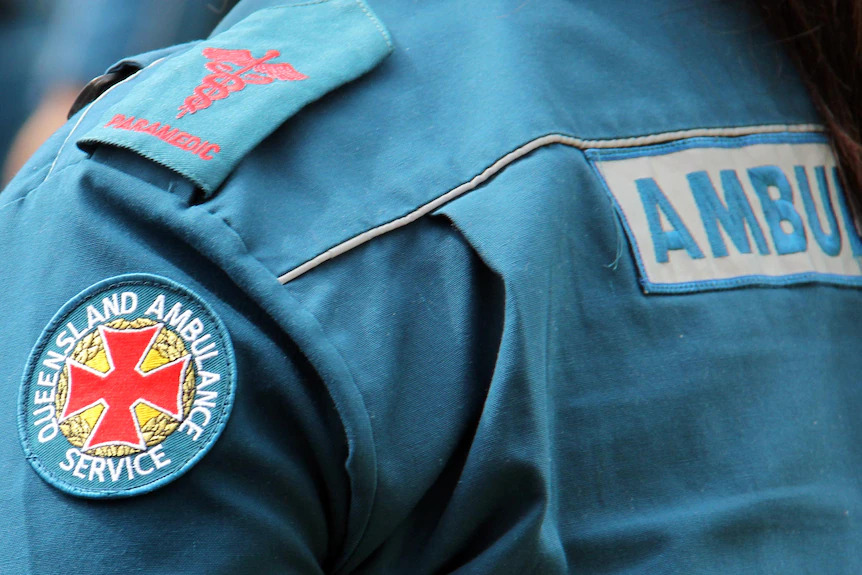
Post-Traumatic Stress Disorder (PTSD) & Complex PTSD
Post-traumatic stress disorder (PTSD) is a particular set of reactions that can develop in people who have been through a traumatic event which threatened their life or safety, or that of others around them. This could be a car or other serious accident, physical or sexual assault, war or torture, or disasters such as bushfires or floods. As a result, the person experiences feelings of intense fear, helplessness or horror. A person with PTSD experiences four main types of difficulties.
- Re-living the traumatic event – The person relives the event through unwanted and recurring memories, often in the form of vivid images and nightmares.
- Being overly alert or wound up – The person experiences sleeping difficulties, irritability and lack of concentration, becoming easily startled and constantly on the lookout for signs of danger.
- Avoiding reminders of the event – The person deliberately avoids activities, places, people, thoughts or feelings associated with the event because they bring back painful memories.
- Feeling emotionally numb – The person loses interest in day-to-day activities, feels cut off and detached from friends and family, or feels emotionally flat and numb.
The symptoms of complex PTSD are often caused by ongoing or repeated trauma where the victim has little or no control and no real or perceived hope of escape. These experiences can lead to deteriorated self-esteem and having to cope with intense emotions throughout life.
Thoughts, behaviours and emotions commonly associated with complex PTSD include:
- Difficulties expressing emotion,
- Negative self belief, and
- Problems maintaining healthy relationships.
A diagnosis of complex PTSD can take a long time as symptoms commonly overlap with other mental illnesses such as depression, PTSD and borderline personality disorder.
A number of evidence based treatments for PTSD and complex PTSD are available at PRPH including medication and psychological treatments. Specifically, Trauma-focused Cognitive Behavioural Therapy (TR-CBT) and Eye Movement Desensitisation and Reprocessing (EMDR).
At PRPH we offer inpatient EMDR treatment, following an assessment of suitability, to assist in the processing of trauma related memories. Additionally, the Trauma and Recovery Day Program and Moving Towards Wellness Day Program are also suitable for anyone with complex trauma or PTSD symptoms. Click here to learn more about our Group Based Therapy.
Please email us at prv.enquiries@healthscope.com.au if you would like to find out more information.
First Responder Trauma Related PTSD
The symptoms of PTSD can make it difficult for emergency workers to do their job properly. First responders with PTSD sometimes experience emotional numbing and avoidance, leading to strained relationships with friends and family. Some of the other devastating consequences of PTSD in first responders include: mental health problems like depression and anxiety as well as problematic alcohol use or substance abuse.
At Pine Rivers Private Hospital, we understand that these trauma experiences can be quite unique to the industry and have developed a program where past or present members of Police, Ambulance, Fire and other Emergency Services can receive both emotional and practical support amongst industry peers.
Our PTSD-000 Day program is developed on Group Based Cognitive Therapy and provides opportunities for professional and peer support, normalisation of post-traumatic experiences, psychoeducation and development of adaptive coping skills for recovery.
Therapy goals of the PTSD000 program include:
- Psycho-education re: PTSD.
- Psycho-education about causes and neurobiology of PTSD.
- Developing Grounding, Self- Soothing and Distraction skills.
- Developing Mindfulness & further Distress Tolerance skills.
- Nightmare/ flashback management.
- Reducing emotional vulnerability through physical self-care.
- Understanding fight, flight, freeze response and the Window of Tolerance.
- Enhancing Self-Compassion: addressing self-criticism and unrelenting high standards.
- Identifying and managing unhelpful thoughts (Restructuring and Defusion).
- Psycho-education about the role of emotions; understanding types of emotions, and tools to identifying emotions.
- Exploring safety, trust, power/ control, self-esteem & intimacy.
- Pleasant event scheduling and occupation for mastery and achievement.
- Developing assertiveness skills.
- Exposure Tasks.
- Relapse prevention and wellness planning.

PTSD000 is attended twice weekly and is a closed group. More details HERE.
Please email us at prv.enquiries@healthscope.com.au if you would like to find out more information.
